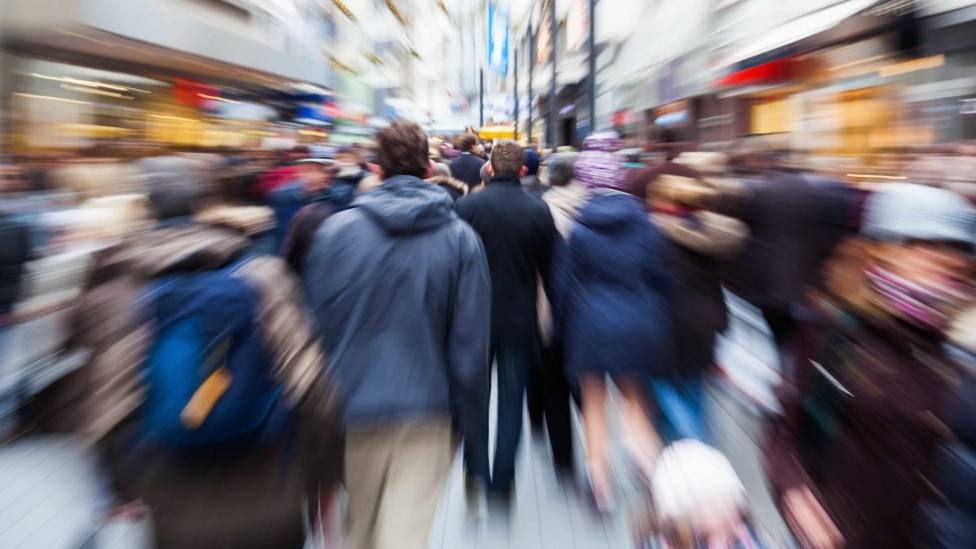
The concept of herd immunity has sparked debate about whether it would control the spread of COVID-19. Herd immunity happens when a sufficient proportion of a population is immune to an infectious disease, meaning spread from person to person is unlikely.
So what is known about immunity and COVID-19? On the Mayo Clinic Q&A podcast, Dr. S. Vincent Rajkumar, a Mayo Clinic hematologist and researcher, discusses how the body works to fight off disease.
Mayo Clinic Q&A is available on podcast platforms including Apple, Google, Spotify, Stitcher, TuneIn and iHeart.
Information in this post was accurate at the time of its posting. Due to the fluid nature of the COVID-19 pandemic, scientific understanding along with guidelines and recommendations may have changed since the original publication date.
Check the Centers for Disease Control and Prevention website for additional updates on COVID-19. For more information and all your COVID-19 coverage, go to the Mayo Clinic News Network and mayoclinic.org.







